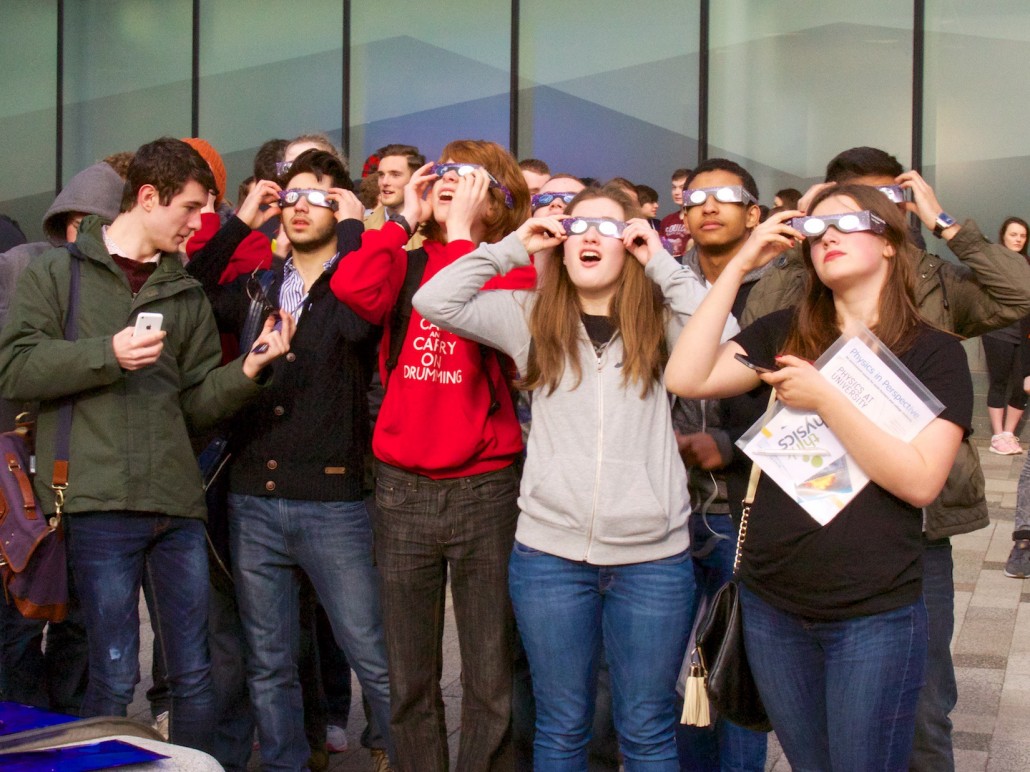It’s 2017, the year the Sun goes out
Happy New Year! We hope you’re still flattened under the burden of gifts and groaning with the tonnage of mince pies you’ve consumed, but let’s get straight to the important stuff: this year, the Sun is going dark. August 21st 2017, mark our words.
Sorry, what’s that? Oh, you’ve heard of total solar eclipses, have you? Drat.
OK, so:
- Total solar eclipse
- August 21st
- Ground track not visible from the UK, but…
- Coast-to-coast of the United States.
That last point is quite impressive, when you think about it. And it’s the subject of the NASA video posted above, which is even more impressive than you might expect. It doesn’t just show the ground track, it factors in (as the video explains) the effects of the angle of the Sun, the elevation of the observer at each point, and the bumpiness of the moon’s surface. The combined result is that the shadow of the sun isn’t elliptical as you might expect, but more… well, watch the film and see.
The next total solar eclipse visible from the UK mainland won’t be until 23rd September 2090. There’ll be a pretty good partial eclipse in 2026, but having seen both partial and total eclipses I can personally vouch that there’s no comparison to witnessing totality. If you ever have the chance to travel to see one, absolutely take it. It’s a (literally) phenomenal experience. You might remember the partial solar eclipse of 2015, which looked like this:
…but seriously, that was nothing like as impressive as a total eclipse.
Come to think of it, I have a friend in Boise, Idaho…
More information: List of solar eclipses visible from the UK; NASA’s site about the 2017 US eclipse.



